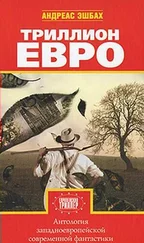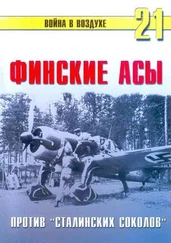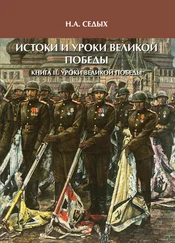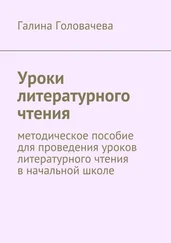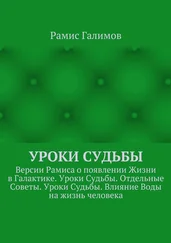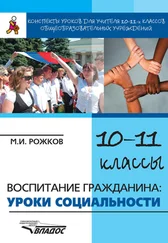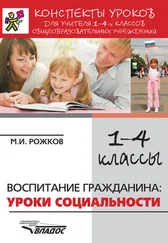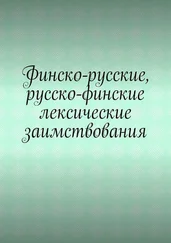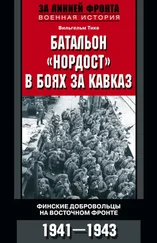Kangasniemi, S. (2008, Februaiy 27). Millä ammatilla pääsee naimisiin? [With which profession to get married?] Helsingin Sanomat Koulutusliite, pp. 4–6.
Kasvio, M. (Ed.). (2011) The best school in the world: Seven Finnish examples from the 21st century. Helsinki: Museum of Finnish Architecture.
Kauffman, S. (1995). At home in the universe. The search for the laws of self-organization and complexity. Oxford: Oxford University Press.
Kets de Vries, M. (2006). The leader on the couch. San Francisco: Jossey-Bass.
Kiuasmaa, K. (1982). Oppikoulu 1880–1980: Oppikouluja sen opettajat koulujärjestyksesta peruskouluun [Grammar school 1880–1980: Grammar school and its teachers from school order to comprehensive school]. Oulu, Finland: Kustannusosakeyhtiö Pohjoinen.
Koskenniemi, M. (1944). Kansakoulun opetusoppi [Didactics of primary school]. Helsinki: Otava.
Kumpulainen, T. (Ed.). (2008). Opettajat Suomessa 2008 [Teachers in Finland 2008]. Helsinki: Opetushallitus.
Kupari, P., Välijärvi, J. (Eds.). (2005). Osaaminen kestävällä pohjalla. PISA 2003 Suomessa [Competences on the solid ground. PISA 2003 in Finland]. Jyväskylä: Institute for Educational Research, University of Jyväskulä.
Kuusi, P. (1961). 60-luvun sosiaalipolitiikka [Social politics of the 1960s]. Porvoo: WSOY.
Laukkanen, R. (1998). Accountability and evaluation: Decision-making structures and the utilization of evaluation in Finland. Scandinavian Journal of Educational Research, 42(2), 123–133.
Laukkanen, R. (2008). Finnish strategy for high-level education for all // N. C. Sognel, P. Jaccard (Eds.), Governance and performance of education systems (pp. 305–324). Dordrecht: Springer.
Lavonen, J., Krzywacki-Vainio, H., Aksela, M., et al. (2007). Pre-service teacher education in chemistry, mathematics and physics // E. Pehkonen, M. Ahtee, J. Lavonen (Eds.), How Finns learn mathematics and science (pp. 49–68). Rotterdam: Sense Publishers.
Lehtinen, E. (2004). Koulutusjärjestelmä suomalaisen yhteiskunnan muutoksessa [Education system in the changing Finnish society]. Helsinki: Sitra.
Lehtinen, E., Kinnunen, R., Vauras, M., et al. (1989). Oppimiskäsitys [Conception of knowledge], Helsinki: Valtion painatuskeskus.
Levin, B. (1998). An epidemic of education policy: (What) can we learn from each other? Comparative Education, 34(2), 131–141.
Lewis, R. (2005). Finland, cultural lone wolf. Yarmouth, ME: Intercultural Press.
Liiten, M. (2004, Februaiy 11). Ykkössuosikki: Opettajan ammatti [Top favorite: Teaching Profession]. Helsingin Sanomat. http://www.hs.fi/artikkeli/Yk-k%C3%B6ssuosikki+opettajan+ammatti/1076151893860
Linnakylä, P. (2004). Finland // H. Döbert, E. Klieme, W. Stroka (Eds.), Conditions of school performance in seven countries. A quest for understanding the international variation of PISA results (pp. 150–218). Münster: Waxmann.
Linnakylä, P., Saari, H. (1993). Oppiiko oppilas peruskoulussa? Peruskoulu arviointi 90-tutkimuksen tuloksia [Does pupil learn in peruskoulu? Findings of the Peruskoulu 90 research]. Jyväskylä: Jyväskylän yliopiston kasvatustieteiden tutkimuslaitos.
MacKinnon, N. (2011). The urgent need for new approaches in school evaluation to enable Scotland’s Curriculum for Excellence. Educational Assessment, Evaluation and Accountability, 23(1), 89–106.
Martin, M. O., Mullis, I. V. S., Gonzales, E. J., et al. (2000). TIMSS 1999 international science report: Findings from IEA's repeat of the third international mathematics and science study at the eighth grade. Chestnut Hill, MA: Boston College.
Matti, T. (Ed.). (2009). Northern lights on PISA 2006. Differences and similarities in the Nordic countries. Copenhagen: Nordic Council of Ministers.
Miettinen, R. (1990). Koulun muuttamisen mahdollisuudesta [About the possibilities of school change]. Helsinki: Gaudeamus.
Ministry of Education (2004). Development plan for education and research 2003–2008. Helsinki: Author.
Ministry of Education (2007). Opettajankoulutus 2020 [Teacher Education 2020]. Committee Report 44. Helsinki: Author.
Ministry of Education (2009). Ensuring professional competence and improving opportunities for continuing education in education (Committee report 16). Helsinki: Author.
Ministry of Foreign Affairs (2010). How Finland will demonstrate its strengths by solving the world's most intractable problems: Final report of the country brand delegation. Helsinki: Author.
Mortimore, P. (2009). Alternative models for analysing and representing countries' performance in PISA Paper commissioned by Education International Research Institute. Brussels: Education International.
Mourshed, M., Chijioke, C, Barber, M. (2010). How the world's most improved school systems keep getting better. London: McKinsey & Company.
Murgatroyd, S. (2007). Accountability project framework-Developing school based accountability. Unpublished Report. Edmonton: The Innovation Expedition Inc.
National Youth Survey (2010). KNT 2010. Helsinki: 15/30 Research.
National Board of Education (1999). A framework for evaluating educational outcomes in Finland. Helsinki: Author.
Newsweek (1999, May 24). The future is Finnish. http://www.newsweek.com/1999/05/23/the-future-is-finnish.html
Newsweek (2010, August 17). The world’s best countries. http://www.news-week.com/feature/2010/the-world-s-best-countries.html
Nichols, S. L., Berliner, D. C. (2007). Collateral damage: How high-stakes testing corrupts America's schools. Cambridge, MA: Harvard Education Press.
Niemi, H. (2008). Research-based teacher education for teachers’ lifelong learning. Lifelong Learning in Europe, 13(1), 61–69.
Nuikkinen, K. (2011). Learning spaces: How they meet evolving educational needs // M. Kasvio (Ed.), The best school in the world: Seven Finnish examples from the 21st century (pp. 10–19). Helsinki: Museum of Finnish Architecture.
OECD (2001). Knowledge and skills for life: First results from PISA 2000. Paris: Author.
OECD (2004). Learning for tomorrow's world. First results from PISA 2003. Paris: Author.
OECD (2005a). Equity in education. Thematic review of Finland. Paris: Author.
OECD (2005b). Teachers matter: Attracting, developing and retaining effective teachers. Paris: Author.
OECD (2007). PISA 2006. Science competencies for tomorrow's world. Vol. 1. Paris: Author.
OECD (2008). Trends shaping education. Paris: Author.
OECD (2010a). Education at a glance. Education indicators. Paris: Author.
OECD (2010b). PISA 2009 results: What students know and can do. Student performance in reading, mathematics and science. Vol. 1. Paris: Author.
OECD (2010c). Strong performers and successful reformers in education. Lessons from PISA for the United States. Paris: Author.
Ofsted (Office for Standards in Education, Children’s Services and Skills) (2010). Finnish pupils' success in mathematics. Factors that contribute to Finnish pupils' success in mathematics. Manchester: Author.
O'Neill, O. (2002). A question of trust. Cambridge: Cambridge University Press.
Pechar, H. (2007). «The Bologna Process»: A European response to global competition in higher education. Canadian Journal of Higher Education, 37(3), 109–125.
Piesanen, E., Kiviniemi, U., Valkonen, S. (2007). Opettajankoulutuksen kehittämisohjelman seurantaja arviointi. Opettajien täydennyskoulutus 2005 ja seuranta 1998–2005 oppiaineittainja oppialoittain eri oppilaitosmuodoissa [Follow-up and evaluation of the teacher education development program: Continuing teacher education in 2005 and its follow-up 1998–2005 by fields and teaching subjects in different types of educational institutions]. Jyväskylä: University of Jyväskylä, Institute for Educational Research.
Читать дальше
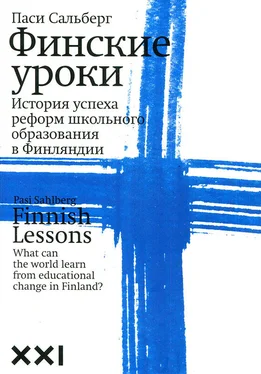
![Унелма Конкка - Волшебный короб [Финские народные сказки]](/books/28782/unelma-konkka-volshebnyj-korob-finskie-narodnye-sk-thumb.webp)
